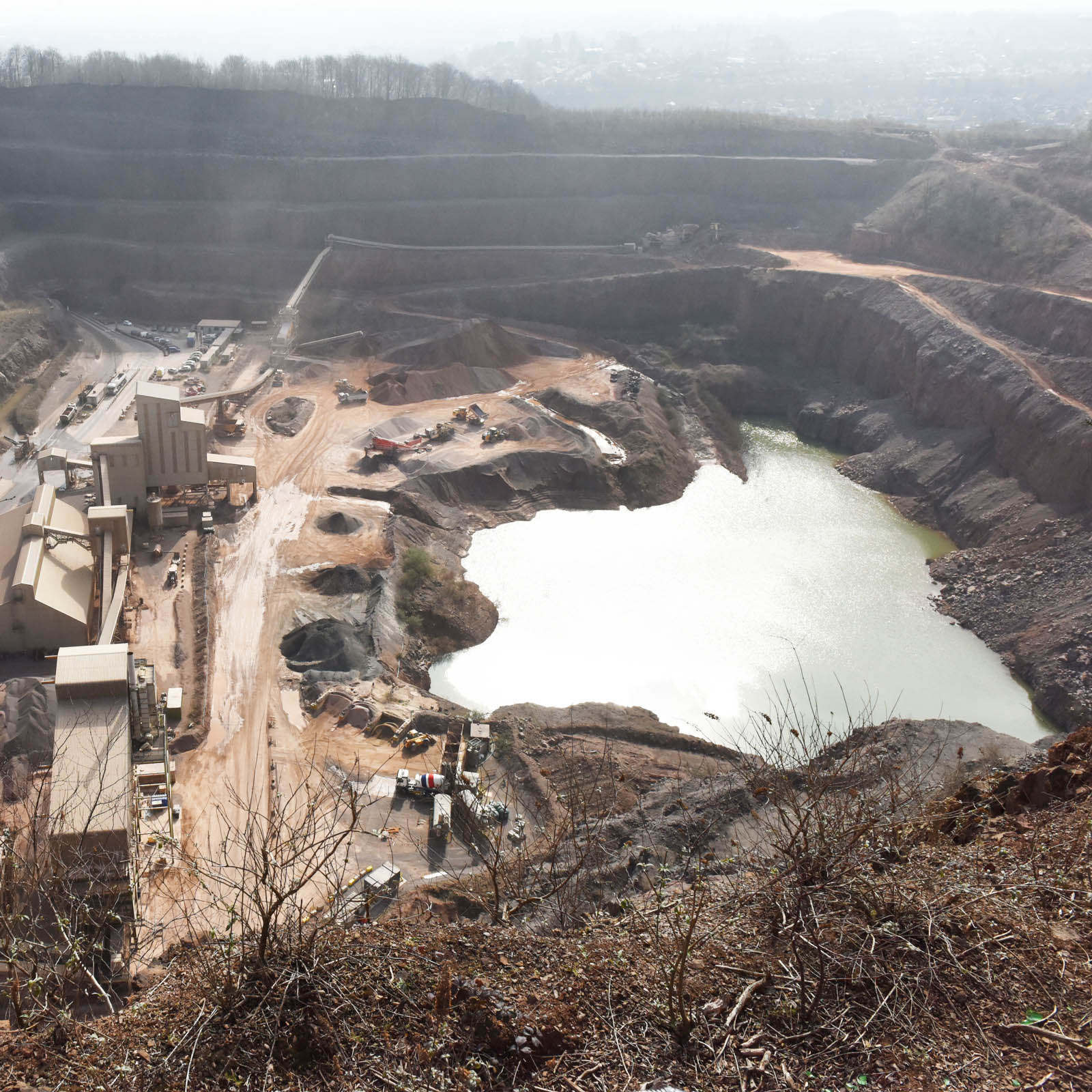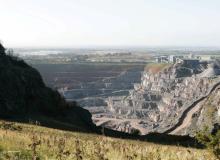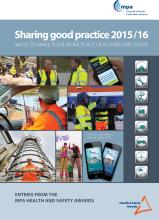
A new educational factsheet exploring the importance of effective water management in quarries is now available from the UK-based
The IQ Water Management Factsheet has been developed in partnership with environmental water specialists Hafren Water. It aims to raise knowledge and awareness of water safety management and related environmental issues for professionals working within the quarrying and minerals extractives industries.
Chris Leake, Senior Hydrogeologist at Hafren Water, is the author of the factsheet. He said: “In order to manage water effectively it is necessary to fully understand the water environment in the vicinity of a quarry. This can include measuring volumes of water pumped around the site, measurement of groundwater levels and volumes of water pumped off-site. In short, if you can’t measure it, you can’t manage it.”
The factsheet develops IQ members’ technical skills under the ‘Knowledge and Innovation’ section of the IQ Skills Wheel. The Skills Wheel was launched earlier this year to help quarrying and related industry professionals map and maintain an ongoing path of continuous professional development.
Water management has been an important consideration in mineral extraction historically, but this has increased significantly in recent times. Growing public awareness of environmental issues, stricter regulations, and the impact of flood risk are all key factors which have increased the need for improved water management across the industry.
Sarah Fry, Business Development and Communications Manager at the Institute of Quarrying, said: “We created the factsheet to raise awareness of the importance of these factors. Our aim is to educate site operatives and workers about how to manage water correctly for the benefit of the quarry and for the surrounding communities and ecosystems.”
Another key driver behind the focus on effective, planned water management is the increasing realisation that quarrying can be ecologically beneficial to local communities through the creation of new habitats for wildlife.
One of these case study examples is Langford Lowfields in Nottinghamshire, an RSPB reserve created from the progressive restoration of a
To download the water management factsheet, visit %$Linker:







